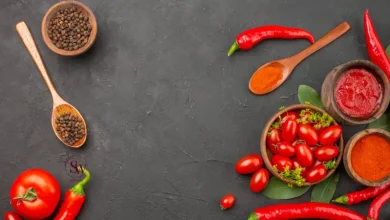How Much Water Should You Drink in a Day?
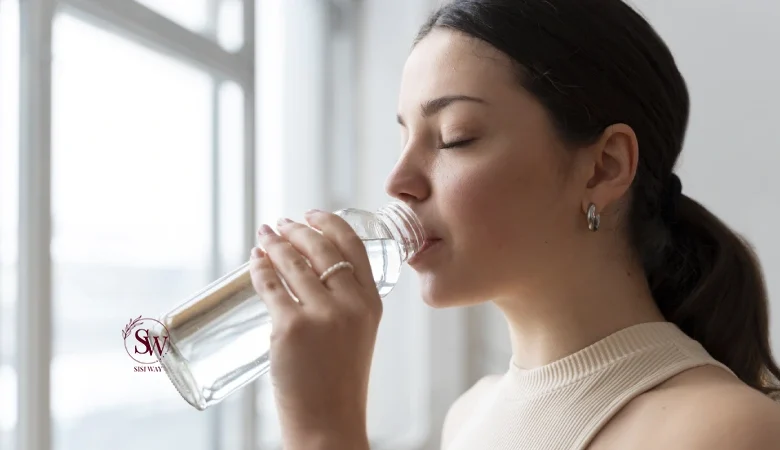
Water, the elixir of life, is essential for sustaining our bodies’ functions, aiding in digestion, regulating temperature, and transporting nutrients. We’ve all heard the age-old advice: “Drink eight glasses of water a day.” But is this guideline universally applicable? In this comprehensive guide, we delve into the science behind hydration to answer the question: How much water should you drink in a day?
Understanding Hydration Needs
- Baseline Water Needs: The Institute of Medicine (IOM) recommends an average daily intake of about 3.7 liters (125 ounces) for men and 2.7 liters (91 ounces) for women, including fluids from all beverages and foods. However, individual requirements may vary based on factors such as age, weight, climate, and physical activity level.
- Factors Affecting Hydration:
- Climate: Hotter temperatures and higher humidity levels increase water loss through sweat, necessitating higher fluid intake.
- Physical Activity: Engaging in exercise or strenuous activities leads to increased perspiration and greater fluid loss, requiring additional hydration.
- Health Conditions: Certain medical conditions such as fever, diarrhea, or vomiting increase fluid requirements to prevent dehydration.
- Pregnancy and Breastfeeding: Expectant mothers and nursing women have higher water needs to support fetal development and milk production.
Dispelling Hydration Myths
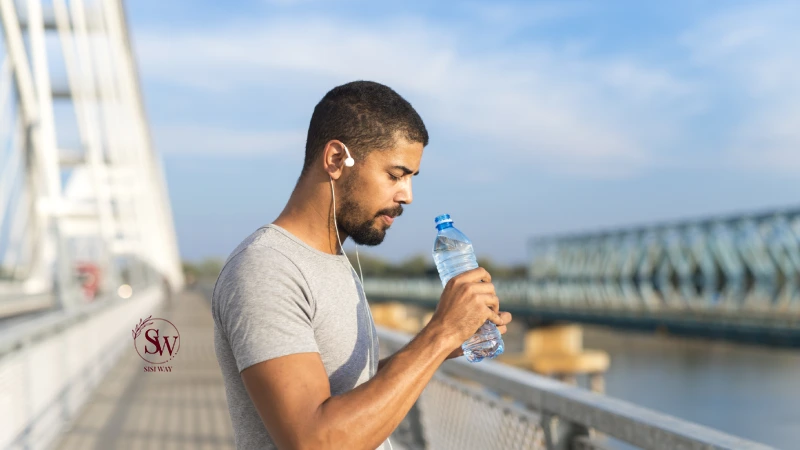
- Eight Glasses a Day: While the “eight glasses a day” rule is widely cited, there’s no scientific evidence to support this specific quantity. Instead, experts recommend listening to your body’s thirst cues and staying adequately hydrated throughout the day.
- Clear Urine: Contrary to popular belief, clear urine isn’t always indicative of proper hydration. Urine color can vary based on factors like diet and medication. A pale yellow color is generally considered a sign of adequate hydration.
- Hydration and Kidney Health: Drinking excessive amounts of water can strain the kidneys by diluting electrolytes and disrupting their balance. It’s essential to strike a balance and avoid overhydration.
Tips for Staying Hydrated
- Drink Water Regularly: Sip water throughout the day rather than consuming large quantities at once.
- Monitor Urine Color: Pay attention to the color of your urine to gauge hydration status.
- Eat Hydrating Foods: Incorporate fruits and vegetables with high water content, such as watermelon, cucumber, and oranges, into your diet.
- Hydration Apps: Use smartphone apps to track water intake and set reminders for hydration.
Does Drinking Water Help You Lose Weight?
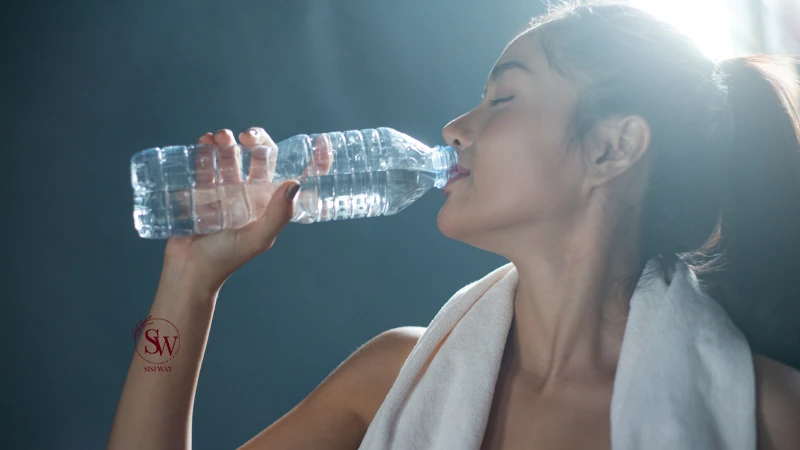
In recent years, the notion that drinking water aids in weight loss has gained traction. While water itself doesn’t directly cause weight loss, it can support weight management in several ways. Firstly, drinking water before meals can promote a feeling of fullness, potentially reducing calorie intake during meals. Studies have shown that individuals who drink water before meals consume fewer calories, leading to modest weight loss over time. Additionally, substituting sugary beverages with water can significantly reduce calorie intake, contributing to weight loss efforts. Moreover, staying hydrated supports optimal metabolism and bodily functions, potentially enhancing the body’s ability to burn calories efficiently. While water isn’t a magical solution for shedding pounds, incorporating it into a balanced diet and healthy lifestyle can certainly contribute to overall weight management goals.
How Long Can You Live Without Water?
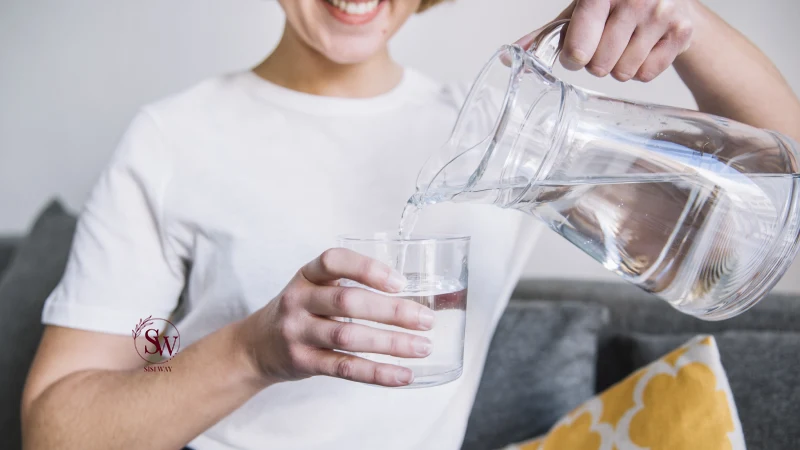
The human body can only survive a few days without water, with the exact timeframe varying depending on factors such as age, health, and environmental conditions. Generally, most individuals can survive without water for approximately three to five days. However, this timeline can be significantly shortened in extreme conditions such as intense heat or physical exertion. Dehydration sets in rapidly, leading to symptoms such as thirst, dry mouth, fatigue, and dizziness. Without intervention, severe dehydration can result in organ failure and ultimately death. Therefore, ensuring adequate hydration is paramount for sustaining life and maintaining optimal health.
Is Purified Water the Same as Distilled Water?
While both purified water and distilled water undergo processes to remove impurities, they are not identical. Purified water typically goes through filtration methods such as reverse osmosis or carbon filtration to eliminate contaminants, minerals, and bacteria. On the other hand, distilled water is produced through the process of distillation, where water is boiled, and the steam is condensed back into liquid form, leaving behind impurities. Distillation effectively removes most minerals, chemicals, and microorganisms, resulting in extremely pure water. While both types of water are considered safe for drinking, distilled water may be preferred for specific applications where ultra-purity is necessary, such as medical procedures or laboratory experiments. However, for general hydration purposes, both purified and distilled water are suitable options.
Is Ice Water Bad for You?
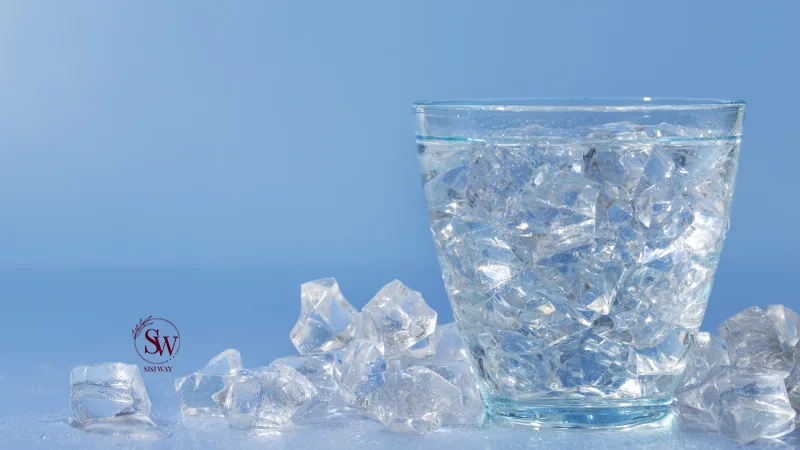
Contrary to some beliefs, drinking ice water is not inherently harmful to your health. However, there are instances where consuming extremely cold water may not be advisable for certain individuals. For people with sensitive teeth or existing dental issues, drinking ice water can exacerbate discomfort or pain. Additionally, consuming very cold water can temporarily constrict blood vessels in the throat and digestive tract, potentially causing discomfort or cramping, particularly after eating. However, for most people, drinking ice water in moderation is perfectly safe and can even provide a refreshing way to stay hydrated, especially during hot weather or after physical activity. It’s essential to listen to your body and adjust your water temperature preferences based on your comfort level and individual needs
FAQs:
- Can I rely on thirst to determine my hydration needs?
While thirst is a reliable indicator for most people, older adults may experience diminished thirst sensation. It’s crucial to drink water regularly, even if you don’t feel thirsty. - Are other beverages besides water counted towards daily fluid intake?
Yes, other beverages like herbal tea, milk, and fruit juices contribute to your overall fluid intake. However, water remains the best choice for staying hydrated as it contains no calories or additives. - Is it possible to drink too much water?
Yes, excessive water intake can lead to a condition called hyponatremia, where low sodium levels in the blood result from overhydration. It’s essential to drink fluids in moderation and maintain electrolyte balance. - How can I calculate my individual hydration needs?
While general guidelines exist, individual hydration needs vary based on factors like age, weight, activity level, and climate. Consulting a healthcare professional or dietitian can help determine personalized recommendations.
Conclusion
Achieving optimal hydration is essential for overall health and well-being. By understanding the factors influencing hydration needs and debunking common myths, individuals can make informed choices to ensure adequate fluid intake. Remember to listen to your body’s signals, prioritize regular water consumption, and adopt healthy hydration habits for a happier, healthier life.
